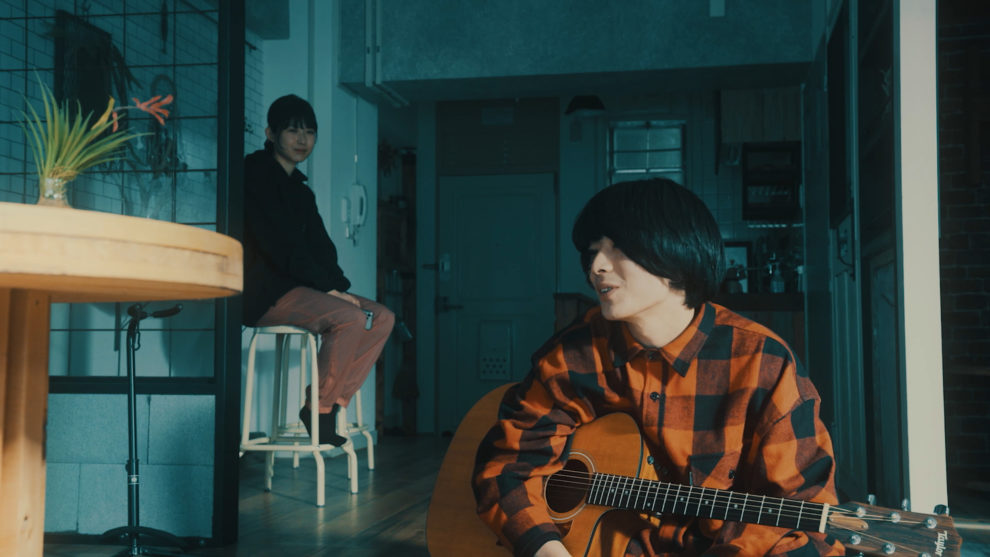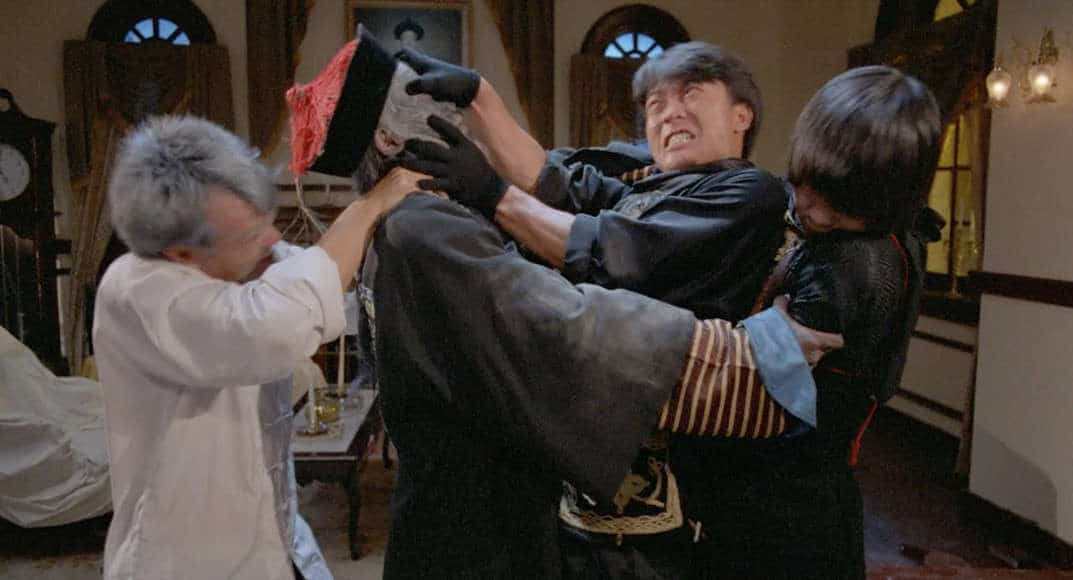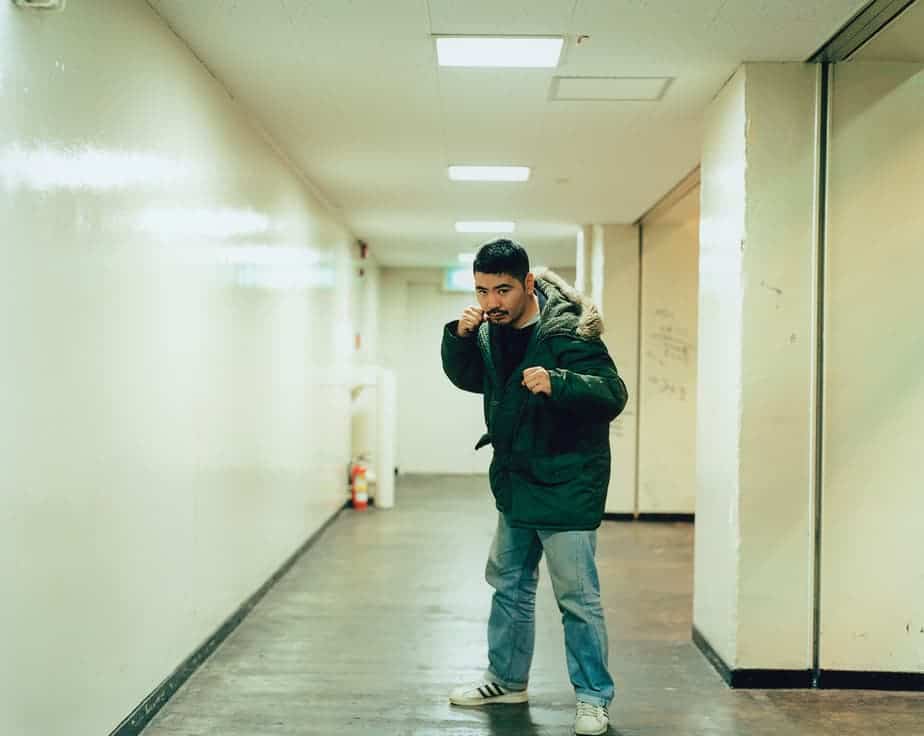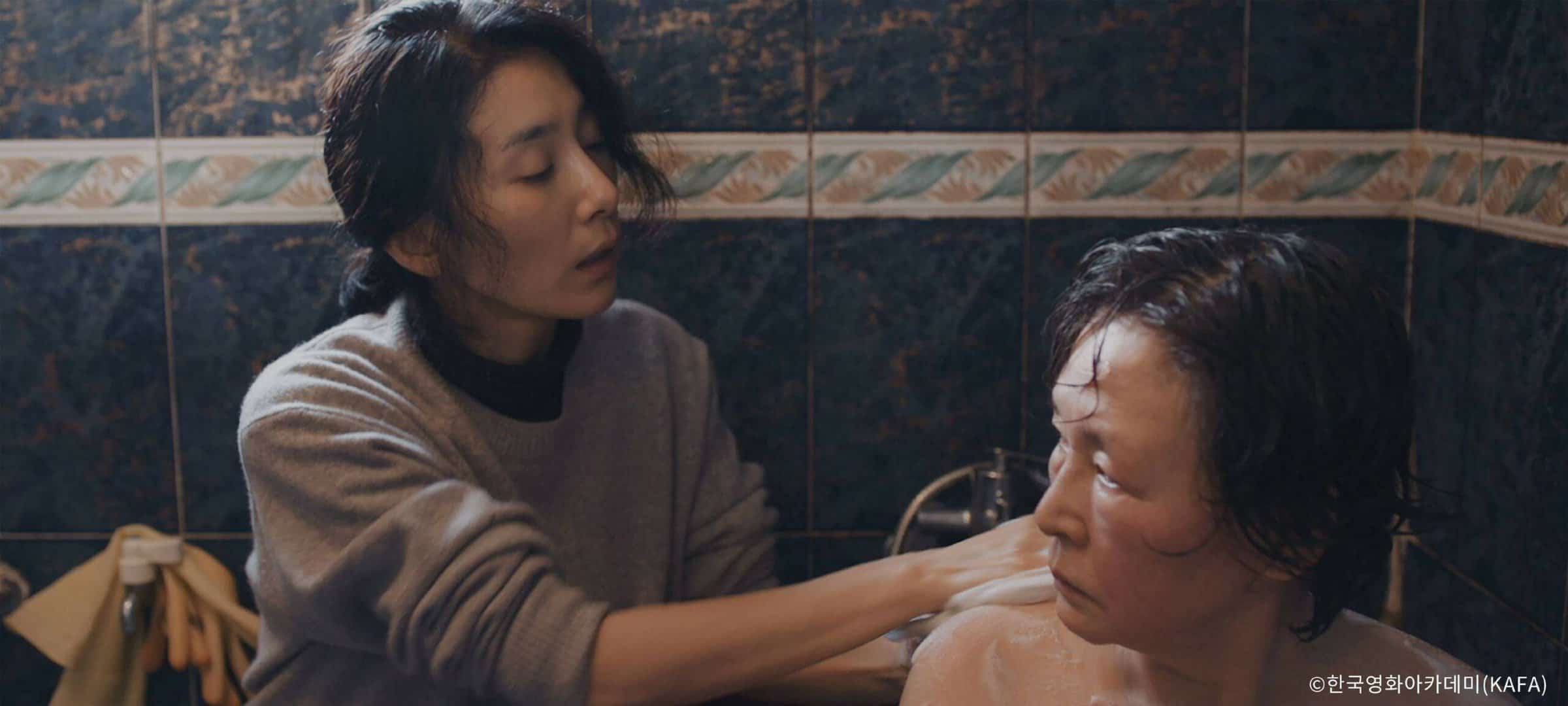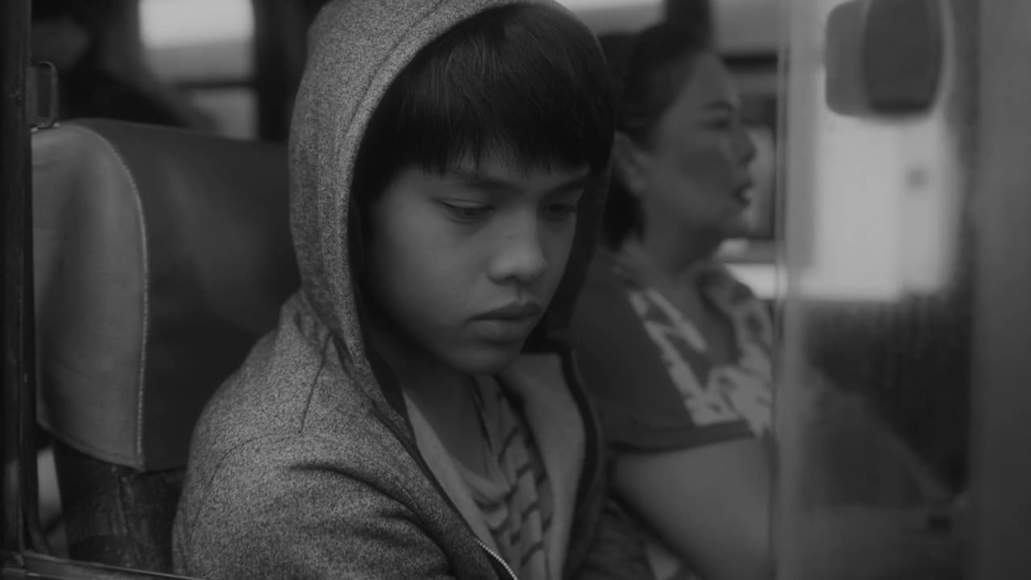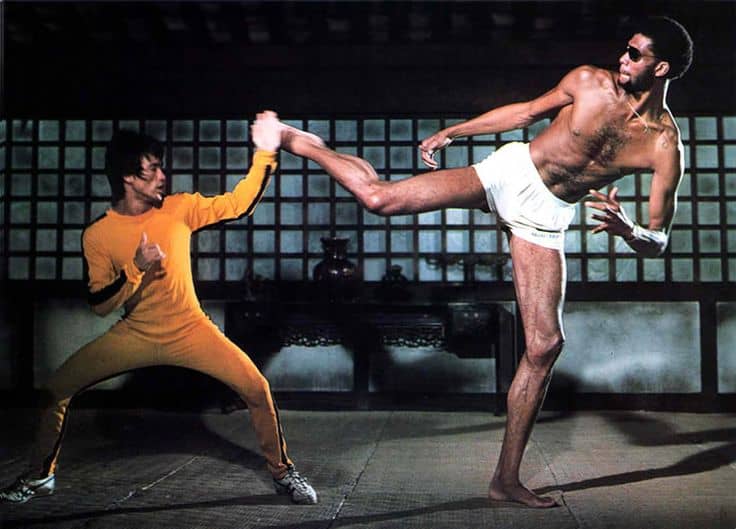Koji Uehara is described as a street icon from Osaka who is supported by many young people, not only for his music but also for his fashion and way of life, from the underground scene to the mainstream. “Before the Rainbow Falls” is his first feature film.
Before the Rainbow Falls is screening at Japan Filmfest Hamburg

Yoichi is a weak-willed young man, who is the lead-singer of a failing band and works in a bar/restaurant. Despite the fact that he seems to lack ambition and have no clear purpose in his life, the “support group” that surrounds him, including his girlfriend and a circle of friends, prevents him from really dealing with his life, essentially making him spoiled. A perfect example takes place during the beginning of the story, when a group of drunk youths cause a ruckus in the bar he works at, and his two female coworkers force him to deal with them, only for an old friend named Tatsuhiko to appear and save him from getting beaten. Yoichi does not even say thank you, even badmouthing his “savior” to his colleagues a bit later, but a rather dire event that takes place afterwards, forces him to finally take a stand for himself and reevaluate his relationships with those around him. One of the members of his band is caught by local gang leader Osaki having stolen money from him, and Yoichi, in an unprecedented move for him, steps in to help, essentially becoming also liable for the sum owed.
Koji Uehara directs a film that seems to focus on the underbelly of Japanese society, with young people who are either roaming around their own life aimlessly or have become criminals in order to cope. The clash between the two, as much as their differences, is a central motif here, with the same applying to the way Yoichi essentially matures, something that also helps eventually with his band. All of these aspects are presented mostly through the relationship and differences of him and Tatsuhiko, an element that also benefits much from the acting, with Ryonosuke Moriyama and Daichi Shiraiso respectively, being quite convincing in presenting their differences.

At the same time, though, the progression of the story is a bit awkward, since the reasons behind the actions of the protagonists, and particularly Yoichi are not exactly clear, while some moments, as the rehearsals, recording and live performing of the group seem more like a promotional element than an organic aspect of the story. The same applies to the scenes in the almost abandoned train stop and the moments of occasionally intense violence, which again, seem disconnected from the narrative. Granted, one could say that the music arc highlights how Yoichi's change benefitted the group and how bands come together, and the train station is a metaphor for the protagonists' lives, but again, this would take some imagination from the the viewer, since it is not clear if that is what Uehara wanted to say.
This permeating disconnection also results in the film seeming much longer than the 115 minutes of its actual duration. Furthermore, some more trimming would definitely benefit the sense the title leaves in the end, even though the job done by editor Atsushi Nakajima in the pace of the movie is quite good, fitting the overall aesthetics nicely.
On the other hand, technically the movie is on a rather high level, with Atsushi Nakamura's cinematography excellently capturing the bleakness of the lives of the protagonists, with the coloring and lighting in particular being top notch. The differences between the many and varying settings, bar, live venue, apartment, supermarket, karaoke parlor, “lair” etc also showcase the level of job done in the particular department.
Despite some issues that seem to derive from Uehara's inexperience, “Before the Rainbow Falls” emerges as a rather competent debut that will satisfy most fans of Japanese indie films with its “underground” approach.


